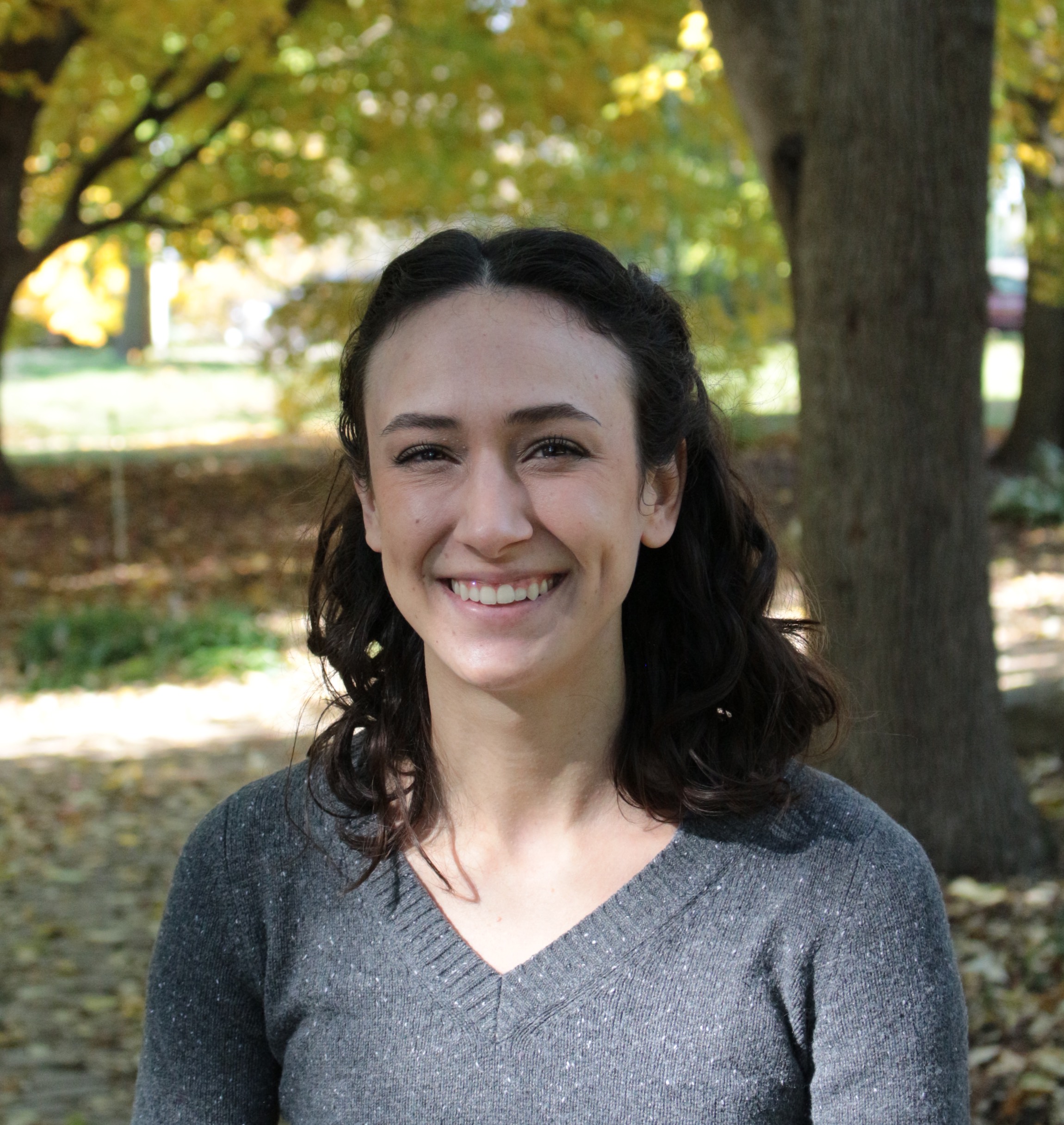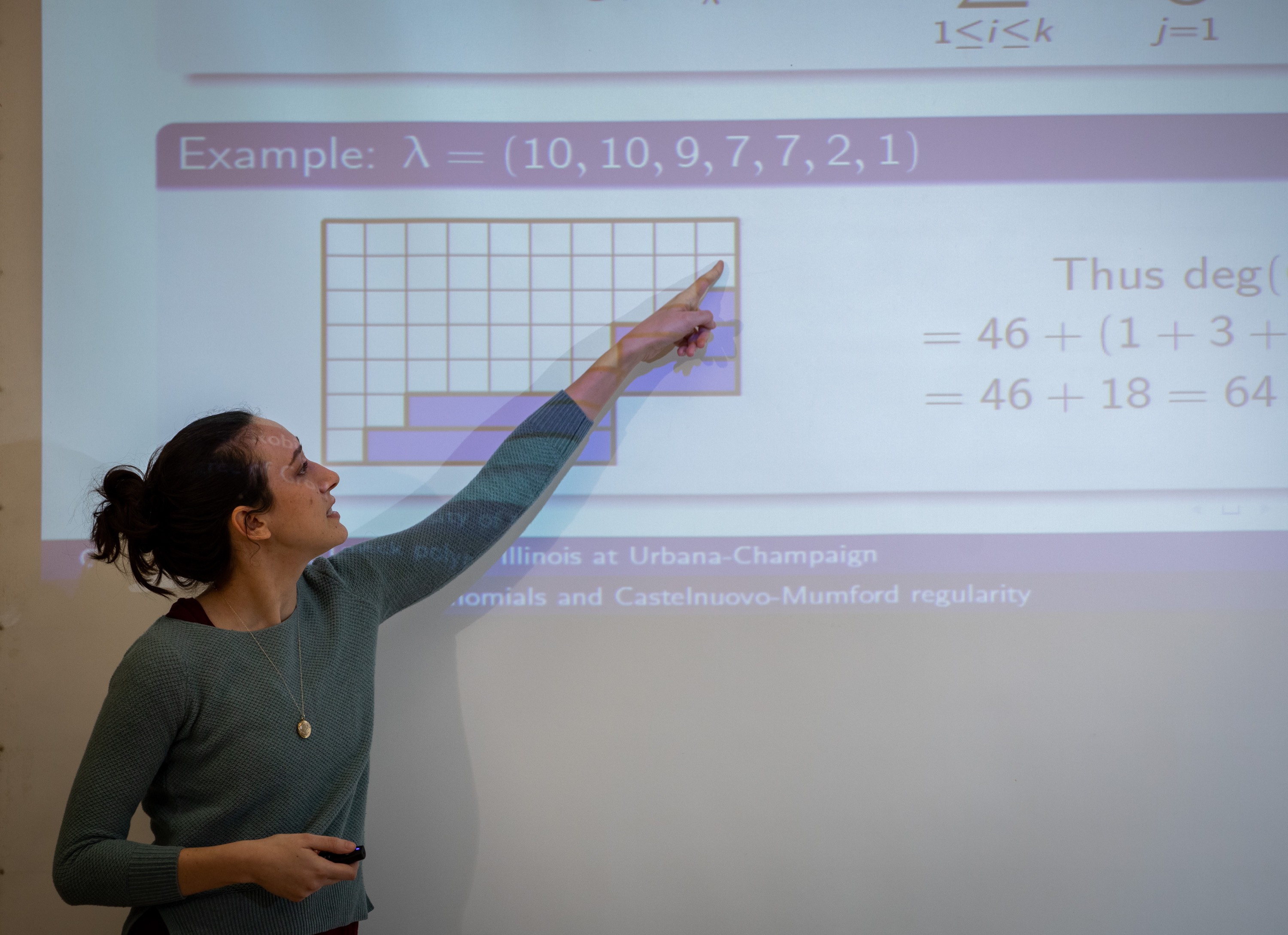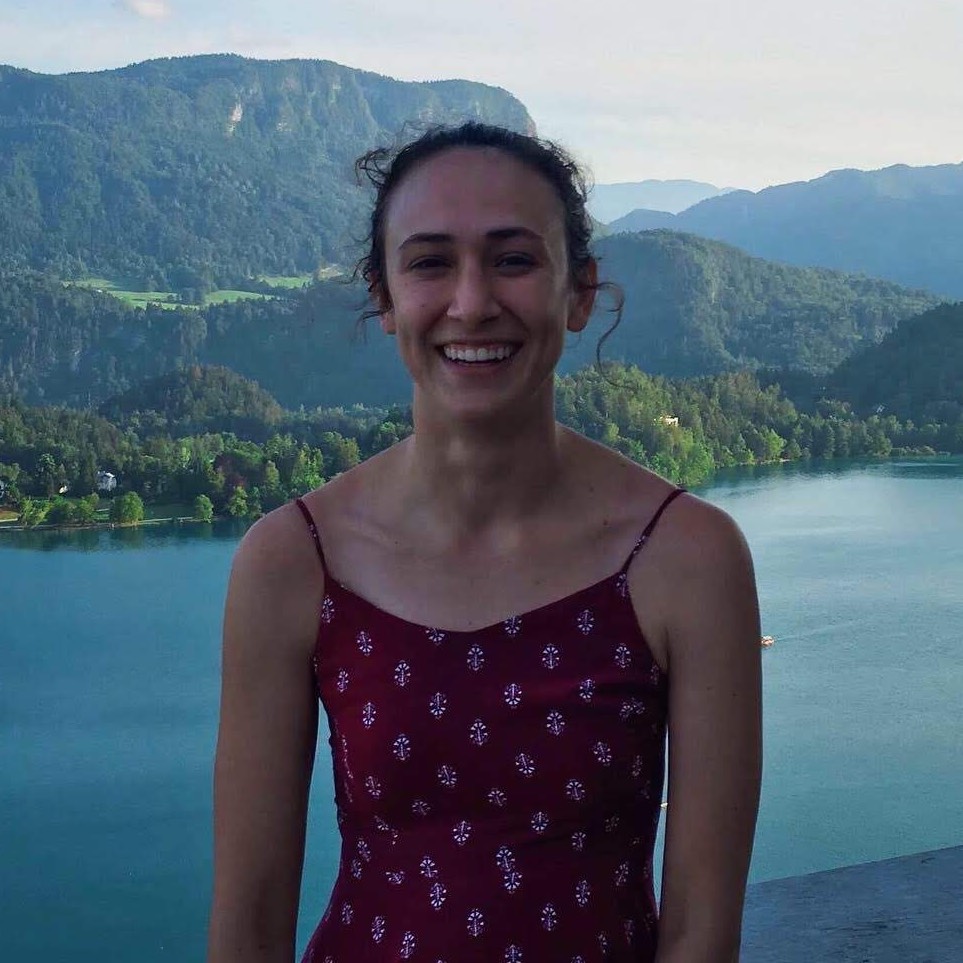Spotlight: Colleen Robichaux
May 15, 2023
Name: Colleen Robichaux
Graduation Year: 2016
Degree: Mathematics, Concentration in Secondary Education
Career:
- Hedrick Adjunct Assistant Professor, NSF Postdoc, and Chancellor's Postdoctoral Fellow at the University of California, Los Angeles
- PhD in 2022 at the University of Illinois at Urbana-Champaign under the advice of Alexander Yong

Colleen Robichaux, GeauxTeach STEM Alumni
Q: What do you do in your current position, and what makes you happy to be doing it?
I really enjoy both teaching and research. With my schedule that I've had this past year, every other day is teaching focused or research focused. Sometimes research is very hard, and, you know, it's sometimes not as fun whenever all of your ideas are failing. But having the teaching to offset if I haven't had a successful day of research, I can still have a successful day of teaching where I give a good lecture and make some concept actually connect with the students. Or I can have fun writing a lecture and talking to students. So even when the research isn't feeding me, maybe the teaching is going to give me a bit more energy and keep hopes high. Then, sometimes when teaching is rough...I can really just go in on the [research] problem that I'm working on, and sort of just get engrossed in that...I think having this career gives a lot of flexibility in terms of how I structure my day, which is nice. So, I have to be here [at UCLA] to teach, obviously, but when I'm not teaching, I can be anywhere. And so that's nice. Some people go to the beach and do math. I can go to any coffee shop...Having that flexibility is nice, and the career is very social, which I enjoy.

Colleen giving a research talk at an Association for Women in Mathematics (AWM) mini conference in 2021.
Q: What were the most significant takeaways or benefits you gained during your undergraduate experience?
- So I had some pretty pivotal experiences when I was at LSU in the GeauxTeach STEM program that changed the trajectory of my life. I think there was such a high quality of mentoring that I received and advising support that I'm not sure a lot of the other students who are not in GeauxTeach necessarily receive. I was encouraged to start doing undergraduate research in a very low stress environment which was really, I think, invaluable. Often undergraduate research can have a much more competitive feel, and I think, especially for students who are not well represented, getting started with research in an environment that is friendly...helps [doing math research] seem like a more hospitable environment. Being a part of the GeauxTeach program, I was taking these math classes that seemed intimidating, but I was also taking these courses with a lot of other women...and [the GeauxTeach courses] were a lot more ethnically diverse as well...Now, it's not uncommon for me to be the only woman in the room, and you know, if I had to start out like that, then things would have been significantly harder...I think just having my first experiences in math being in a setting in which people were friendly and non-judgmental about not knowing things and being open to discussing what our ideas are for how to solve problems was invaluable. And It was an extreme positive in how I viewed math in general.
- One thing that I love about doing math research is how it's extremely collaborative. I have different collaborators around where we either meet on Zoom or meet up in person/travel to work on a problem together and talk through some problem that we're chewing on...You know, it's a community of mathematicians. So you make friends, and you're doing work, but you're also, you know, enjoying working with other people...I think people often don't know how social the community is in a lot of mathematics. If you can find people who you know you you enjoy working with, then it's an extremely social career because I'm always in meetings with people working on projects or going to conferences and meeting people. So, I travel to different places that I've never been before which is fun. It's just a fun aspect of life. And also, I enjoy the teaching that I do as well. Getting to know students from different places and seeing when things finally connect [for a student] is always really exciting, no matter what level you're teaching at. It's just really rewarding. [I enjoy] giving them the same motivation that I received to make sure that math becomes an even friendlier place, where lots of people can see themselves. So, [I'm] trying to to make that more of the norm.

Colleen presented a poster on her research while at the 31st International Conference on Formal Power Series and Algebraic Combinatorics (2019) in Slovenia.
Q: What did you learn in GeauxTeach STEM that informs how you think about teaching or how you approach your job? What skills did you learn in GeauxTeach STEM that have benefited you in your career?
- If we're trying to make education more accessible as a whole, understanding my students on a sort of human level is something that's important to me. Having my experience teaching as a student teacher, I am much more confident in being in the classroom at the front of the board and leading discussions and interacting with students, being quick on my feet. These are all skills that GeauxTeach helped me develop pretty early in my career. They say that you need to develop your teacher voice, your sort of teacher persona when you start in the GeauxTeach program because you're 18 years old teaching these high school students. And so, I had already developed that when I was starting to teach these college students, which I think helps them take me more seriously...I think I've developed a persona that makes it clear that [students] know the amount of seriousness that we're going to have, and that we can joke around, but I'm still here to teach them something...I know that some other, maybe postdocs, can struggle with establishing this boundary...But I think my experience in GeauxTeach helped make that very clear from the beginning which helps for the long haul when you're teaching a course.
- One really valuable piece is that I really understand what the students', at least from Louisiana, actual mathematical background is, what is reasonable to expect them to know, and realistically what I can expect that my students know. That helps me be a much better educator at the college level because I know that it's common for professors to think that students know a lot more than they do...So, my experience in GeauxTeach helps me understand what students should know, and then, based on this baseline, how I can scaffold on top of that to [teach] what we're talking about at the moment. Having these touchstones helps me, I think, better explain these higher level concepts that I'm trying to to hit home. It also helps actually being in the classroom close with students who are coming from different backgrounds: academically, culturally, economically. It's important to have empathy as an educator...Actually, closely working with these students and seeing the struggles that they're going through helps me be a more empathetic educator as well, which is important.
Q: Is there anything else you would like to share with us?
I'm just very thankful to have had GeauxTeach. It gave me lots of opportunities to try things...you have very supportive people around you who are telling you things that you can try to do, and they'll support you in trying to do those things. But knowing that you have this sort of safe community around you, that helped me sort of dip my toe into these new things. And eventually, you know, I figured out what I wanted to do. So, I think GeauxTeach is really valuable in that way. It's providing support and expanding your horizons.